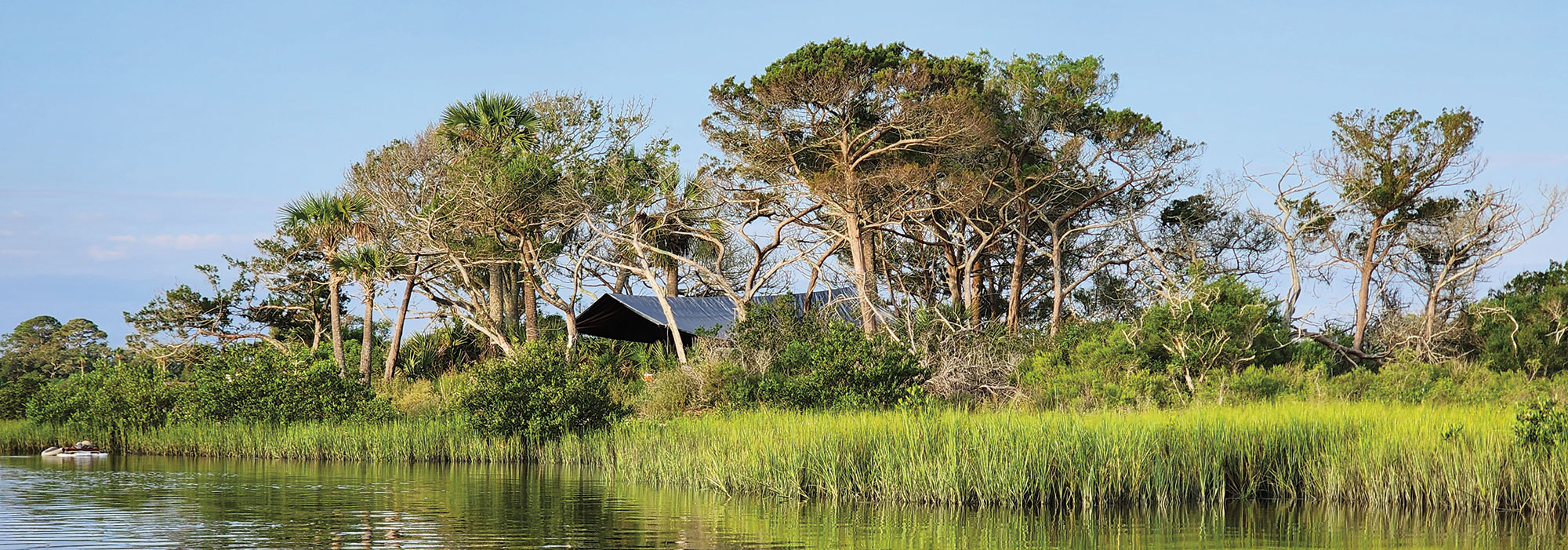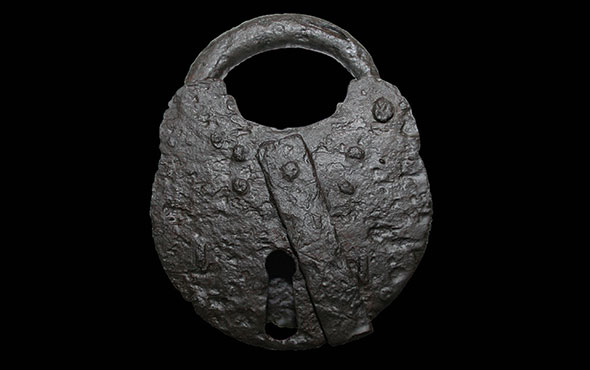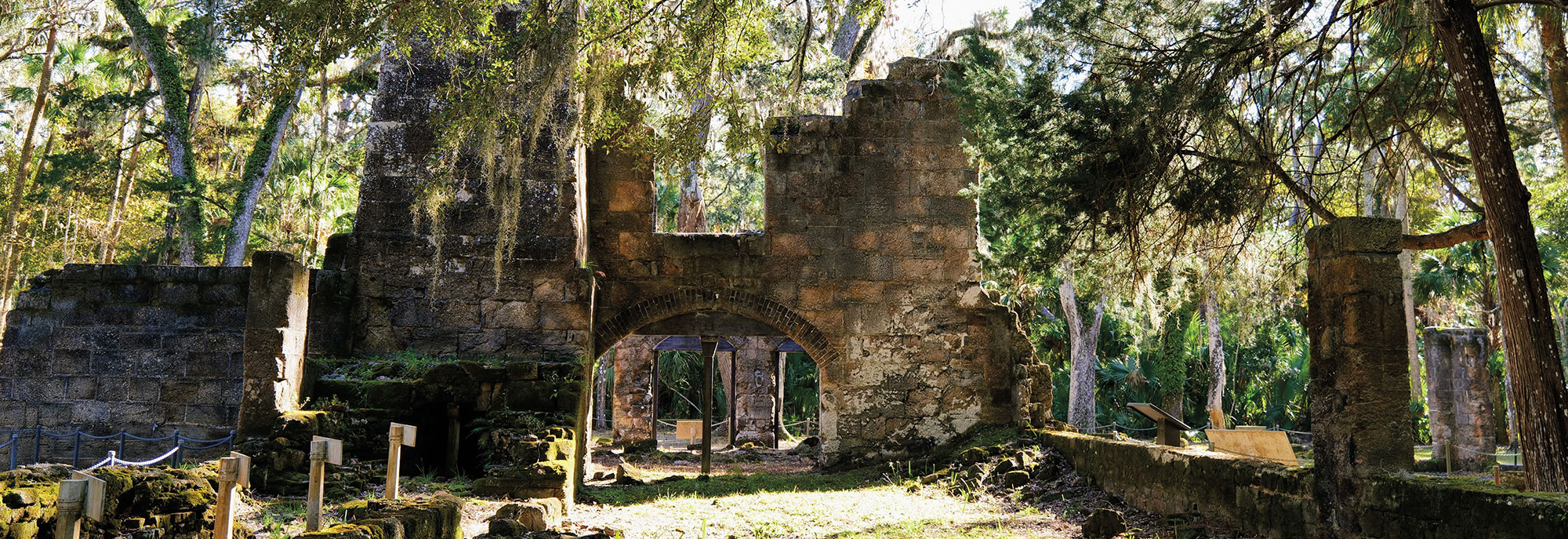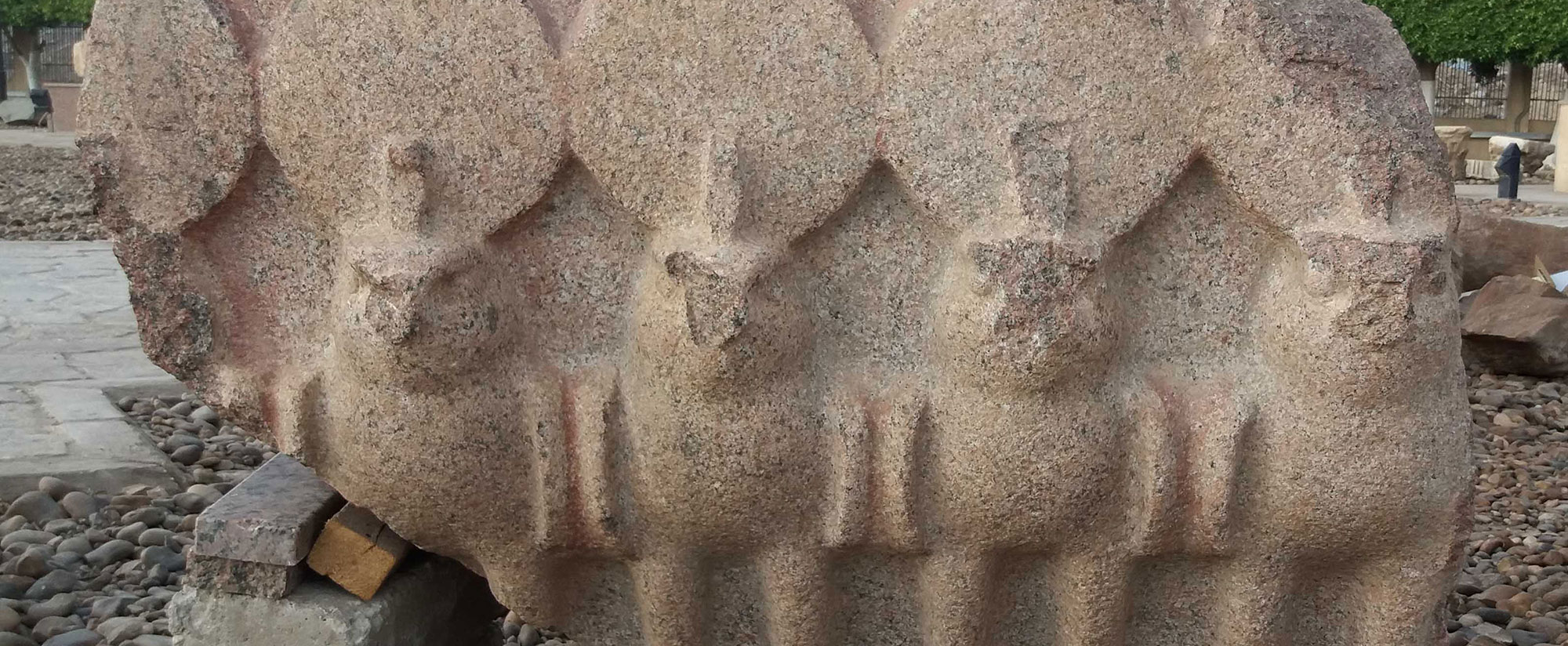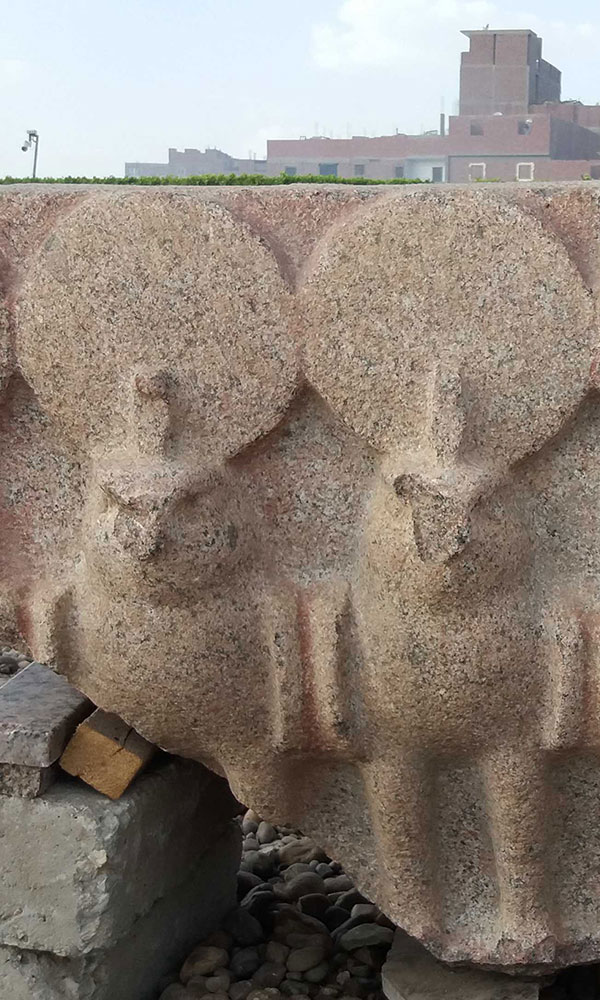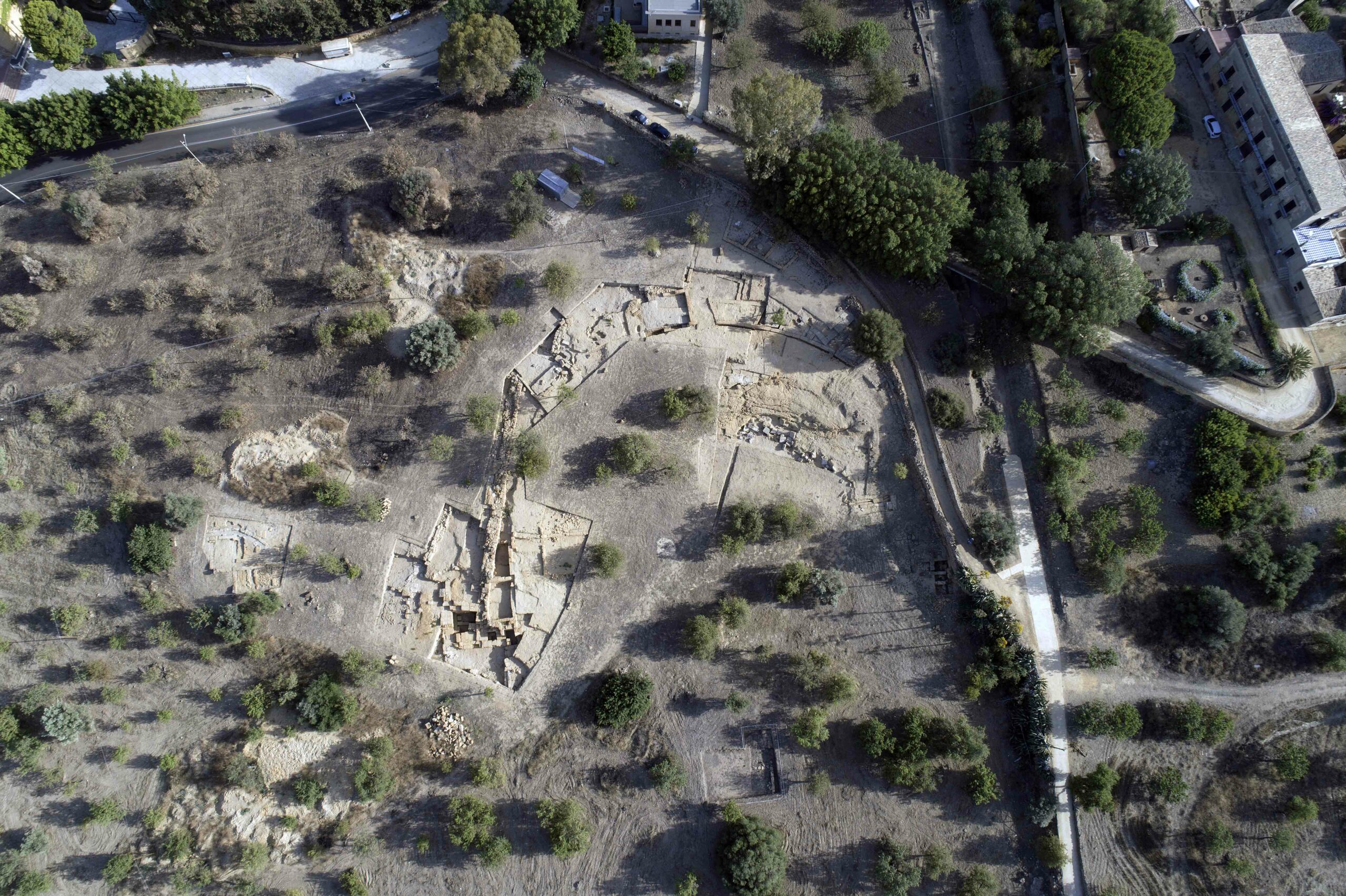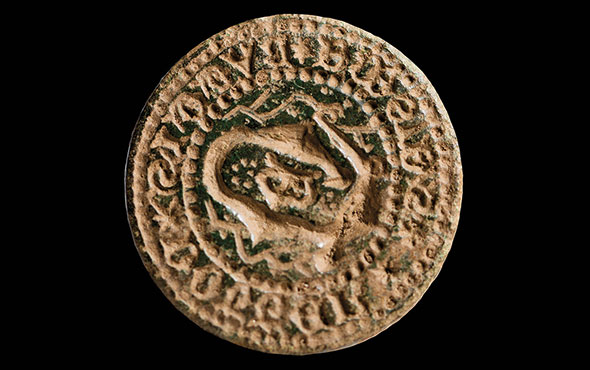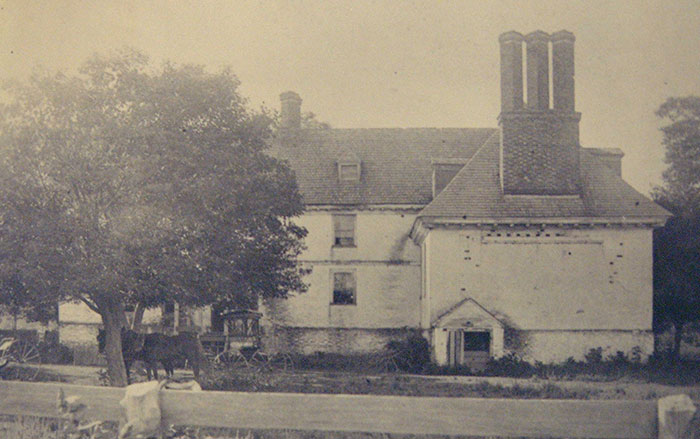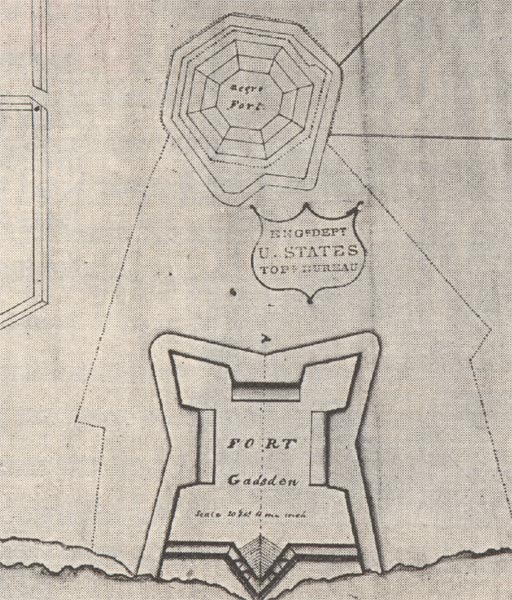
PROSPECT BLUFF, FLORIDA—According to a Talahassee.com report, Hurricane Michael toppled some 100 large trees in Apalachicola National Forest last October and revealed traces of the “Negro Fort,” which was built by British soldiers during the War of 1812 near Fort Gadsden. The site was home to a large community of escaped slaves known as Maroons, who joined the British military in exchange for their freedom. They lived in the fort, which housed some 300 barrels of British gunpowder, on a bluff overlooking the Apalachicola River, with members of the Seminole, Creek, Miccosukee, and Choctaw tribes. Historian Dale Cox said historic records show the people who lived in the community were skilled masons, woodworkers, and farmers who grew melon and squash in fields near the fort. U.S. soldiers traveling the Apalachicola River on July 27, 1816, took one shot at the fort’s powder magazine. It exploded, killing 270 people. Many of the Maroons who survived the blast were captured and re-enslaved. U.S. Forest Service archaeologist Rhonda Kimbrough said researchers have recovered Seminole ceramics, British black glass, gun flint, and pipe fragments from the tree roots. They have also found where the fort’s field oven had been placed. To read about the excavation of fugitive slave sites dating to the American Civil War, go to "Free Before Empanicipation."


